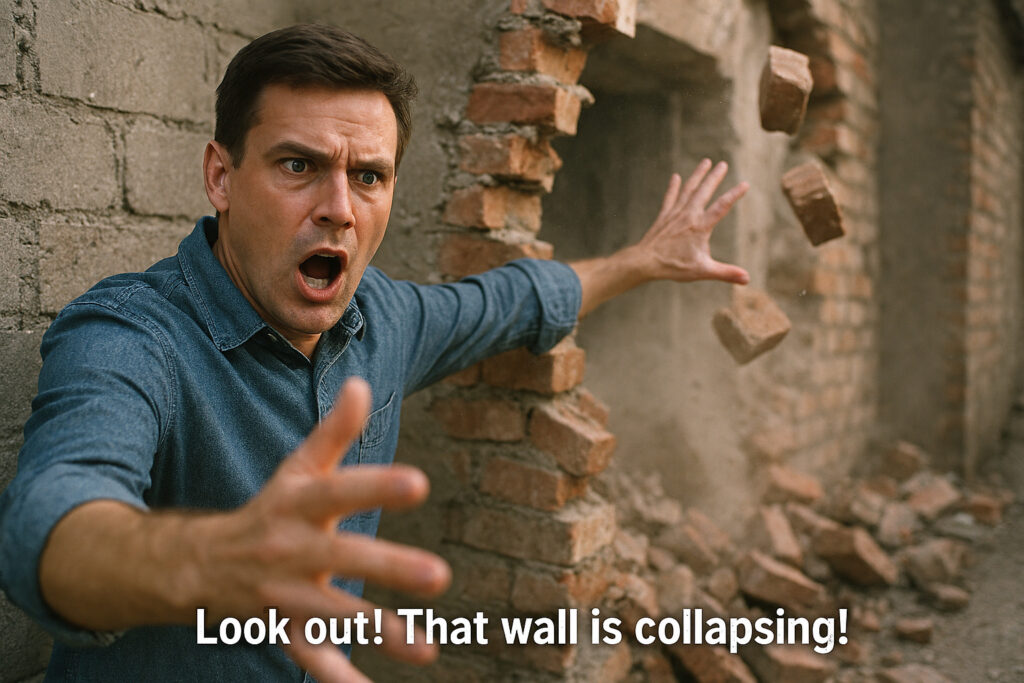
… IS A SIGHT FOR MY SORE EYES.
… é um colírio para meus olhos.
PERSISTENCE PAYS OFF BIG TIME!
Persistência dá muito resultado.
CAN YOU DO WITHOUT A COMPUTER?
Você consegue sobreviver sem um computador?
LOOK OUT! THAT WALL IS COLLAPSING!
Cuidado! Aquele muro está caindo!
ALL BUT FORGOTTEN.
Quase esquecido.
TO EACH HIS OWN.
There is no accounting for taste. (gosto não se discute)
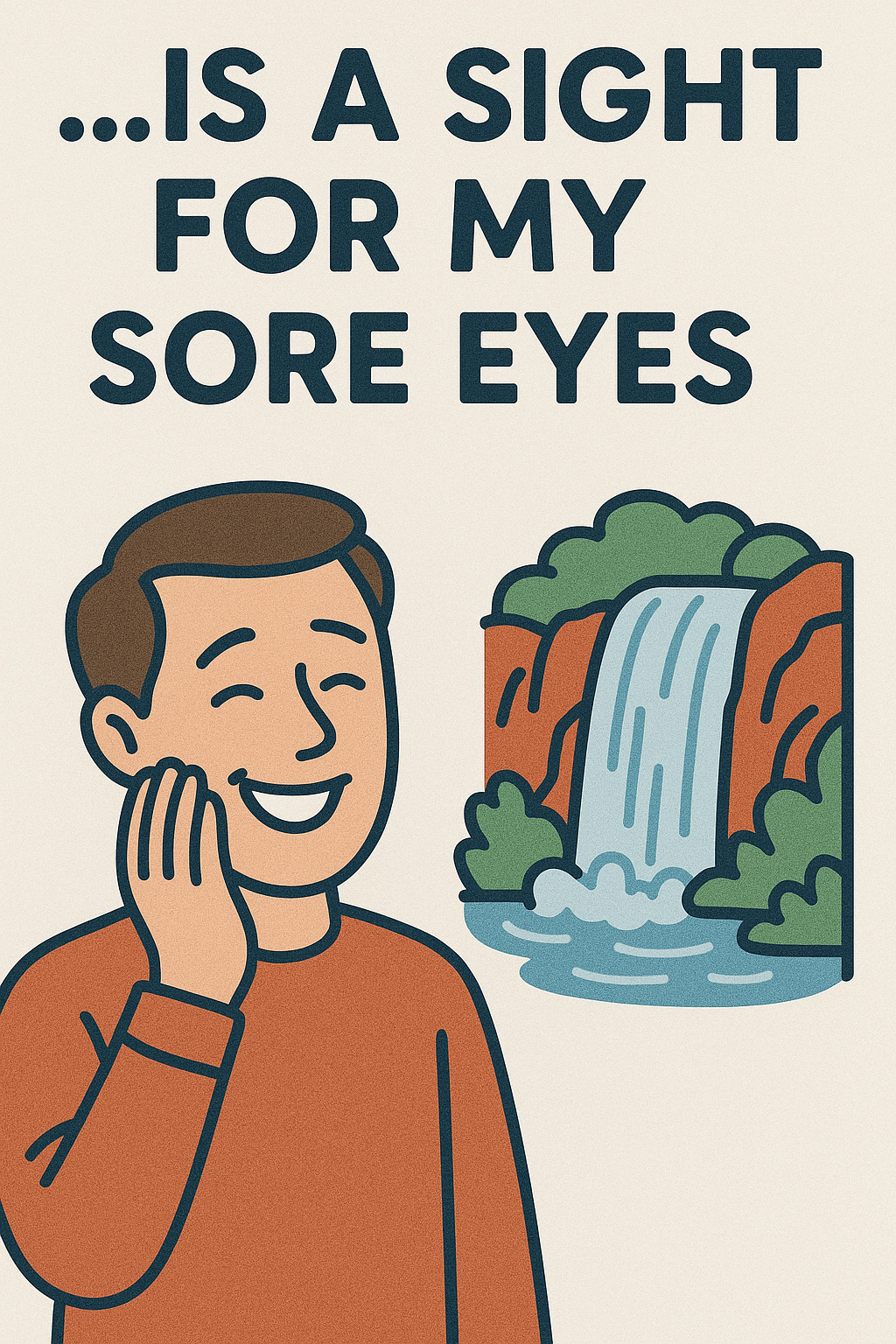 … IS A SIGHT FOR MY SORE EYES.
… IS A SIGHT FOR MY SORE EYES.
The expression “… is a sight for my sore eyes” means that something or someone is very pleasant or welcome to see, especially after a long time or after seeing unpleasant things.
It doesn’t literally refer to eyes being sore — it’s an idiomatic way of saying, “I’m really happy to see this!”
🔹 Examples:
- “Oh, you’re here! You’re a sight for my sore eyes!”
→ (Said to a friend you haven’t seen in a long time.) - “After hours of hiking, that waterfall was a sight for my sore eyes.”
→ (Seeing something beautiful or refreshing after being tired.) - “A comfy bed is a sight for sore eyes after a long flight.”
→ (Happy to finally rest.) - “When she walked into the room with a tray of coffee, it was a sight for sore eyes.”
→ (Seeing something comforting and needed.)
 PERSISTENCE PAYS OFF BIG TIME!
PERSISTENCE PAYS OFF BIG TIME!
The expression “Persistence pays off big time!” means that if you keep trying and don’t give up, you will eventually succeed — and the reward will be significant.
- Persistence = continuing to try, even when it’s difficult.
- Pays off = brings good results or rewards.
- Big time = in a major or impressive way.
🔹 Explanation in simpler terms:
👉 If you keep working hard and don’t quit, your efforts will be rewarded — in a big way!
🔹 Examples:
- “I applied to ten jobs before I got hired at my dream company. Persistence pays off big time!”
→ (The person didn’t give up and got a great result.) - “She practiced the piano every day for months, and now she’s performing on stage. Persistence really paid off big time.”
- “I failed the test twice, but I kept studying and finally passed. Persistence pays off big time!”
- “He kept training despite injuries and is now running marathons. That’s proof that persistence pays off big time.”
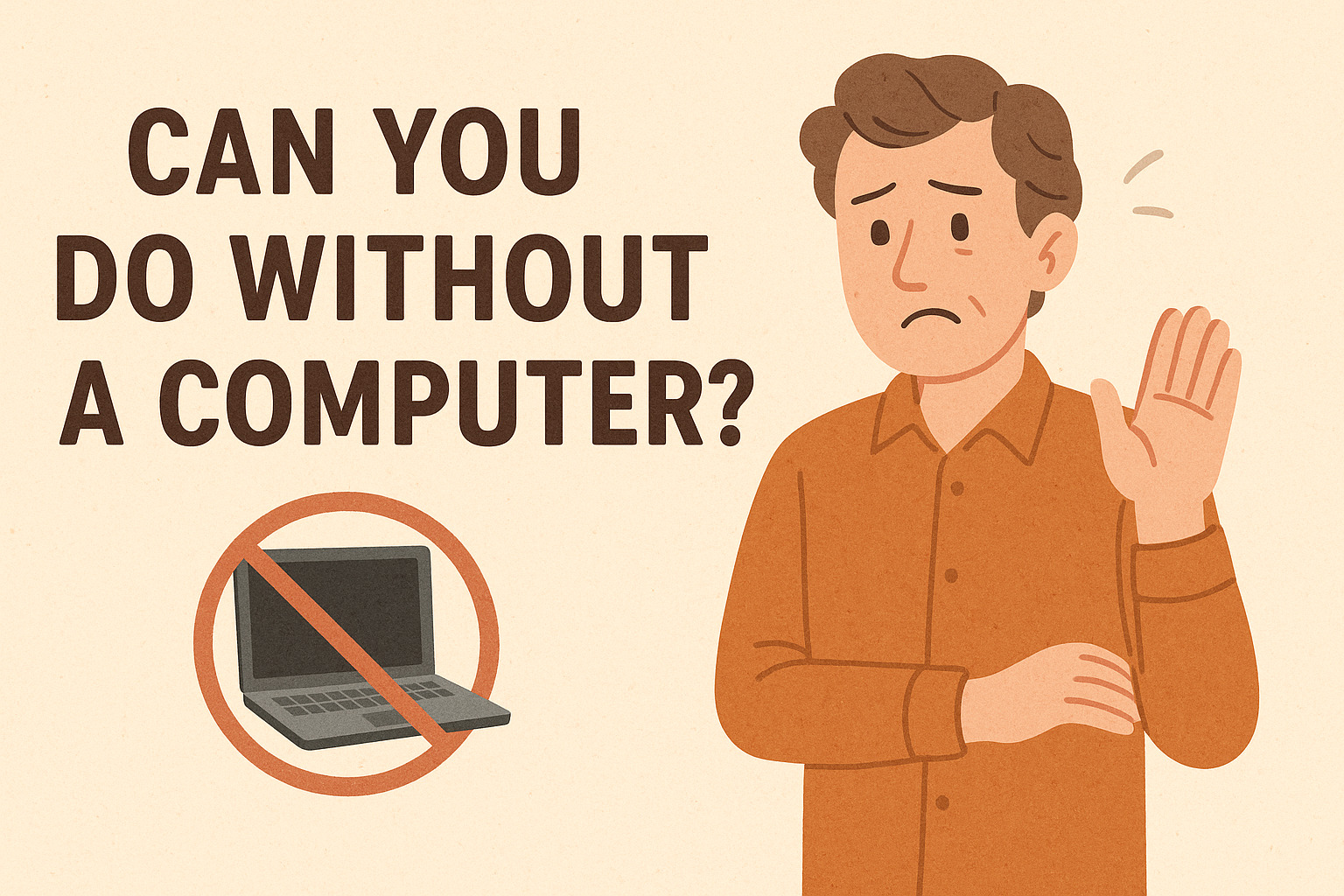 Phrasal Verb: Do Without
Phrasal Verb: Do Without
Meaning:
To manage or survive without something or someone that you would normally have or want.
In other words, you don’t have it — but you keep going anyway.
🔹 Structure:
do without + noun/pronoun
🔹 Examples:
- “I can’t do without my morning coffee.”
→ (I really need my coffee to function!) - “During the power outage, we had to do without electricity for two days.”
→ (We survived without electricity.) - “She had to do without a car after hers broke down.”
→ (She didn’t have a car, but managed.) - “Can you do without your phone for a whole day?”
→ (Are you able to survive without using it?) - “We’ll have to do without dessert tonight — we’re out of sugar.”
→ (We can’t make dessert, but that’s okay.)
 LOOK OUT! THAT WALL IS COLLAPSING!
LOOK OUT! THAT WALL IS COLLAPSING!
Phrasal Verb: Look out
Meaning:
To be careful or watch out for danger.
It’s often used to warn someone about something that could be harmful or sudden.
🔹 Common Forms:
- Look out! → a quick warning
- Look out for (something/someone) → be alert or watchful
🔹 Examples:
- “Look out! That car’s coming fast!”
→ (Warning someone of danger.) - “Look out for pickpockets in the crowd.”
→ (Be careful; they might try to steal.) - “You should look out when crossing the street.”
→ (Pay attention; it could be dangerous.) - “I always look out for my younger sister.”
→ (I protect or take care of her.) - “The lifeguard is looking out for swimmers in trouble.”
→ (Watching carefully to keep people safe.)
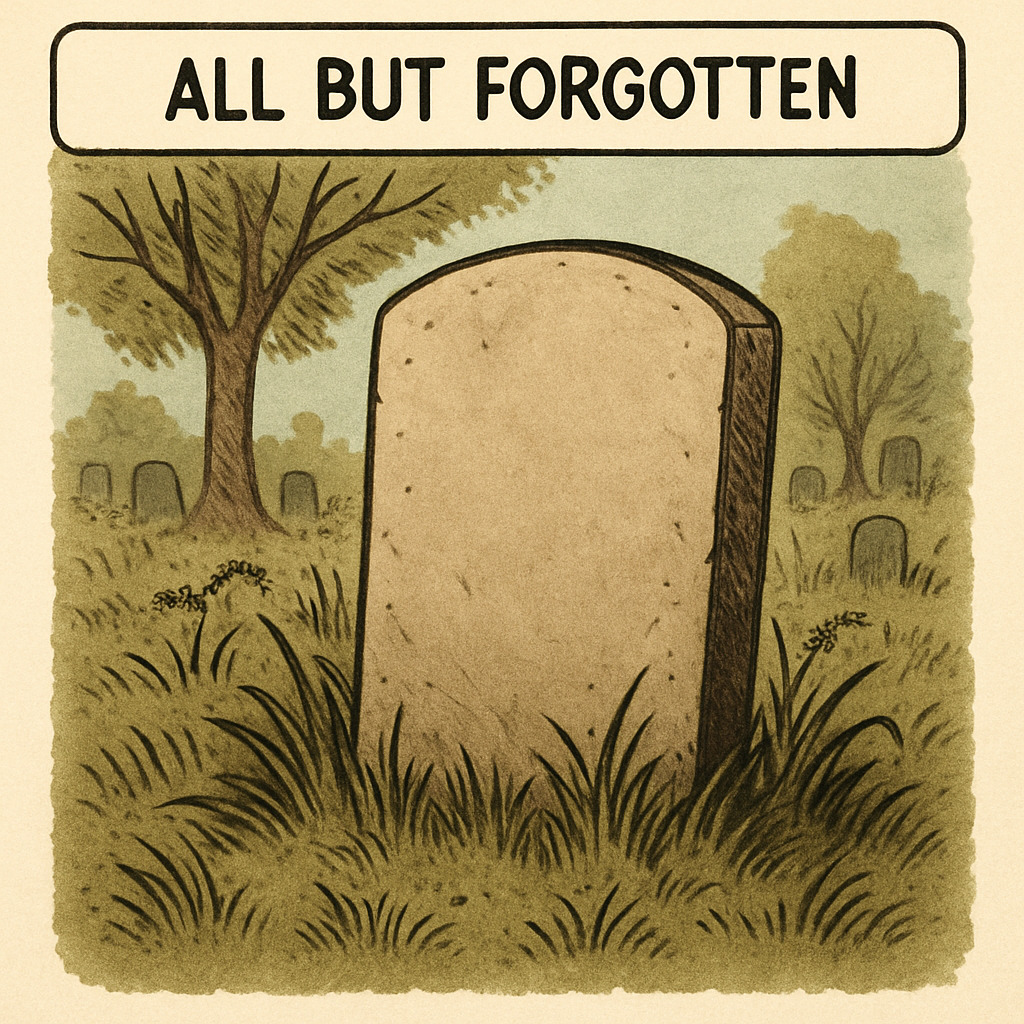 ALL BUT FORGOTTEN.
ALL BUT FORGOTTEN.
Expression: All but forgotten
Meaning:
The phrase “all but forgotten” means something or someone is almost completely forgotten, nearly erased from memory, but not entirely.
- “All but” = almost or nearly
- So “all but forgotten” = very nearly forgotten, but still remembered in some faint or minor way.
🔹 Examples:
- “That singer from the 80s is all but forgotten now.”
→ (Very few people still remember them.) - “The old tradition has been all but forgotten in modern times.”
→ (Hardly anyone still practices or knows it.) - “The little village was all but forgotten after the road was closed.”
→ (It’s no longer visited or remembered much.) - “He was once famous, but now he’s all but forgotten.”
→ (He used to be known, but barely anyone remembers him now.) - “The war hero’s name is all but forgotten in today’s history books.”
→ (The person’s legacy has nearly vanished from public memory.)
Meaning of “all but”
It means “almost” or “nearly”, but not completely.
🔹 Common Examples of “all but” in use:
- “The project is all but finished.”
→ It’s almost done. - “She had all but given up hope.”
→ She had nearly lost hope, but not entirely. - “He was all but asleep when the phone rang.”
→ He was just about to fall asleep. - “The city was all but destroyed in the storm.”
→ It was nearly destroyed, but a small part survived. - “The answer is all but obvious.”
→ It’s practically obvious — very clear. - “I’ve all but decided to move abroad.”
→ I’ve almost made the decision to move.
🔹 Structure Reminder:
You can use “all but” with many past participles, adjectives, or even verbs depending on the sentence.
TO EACH HIS OWN.
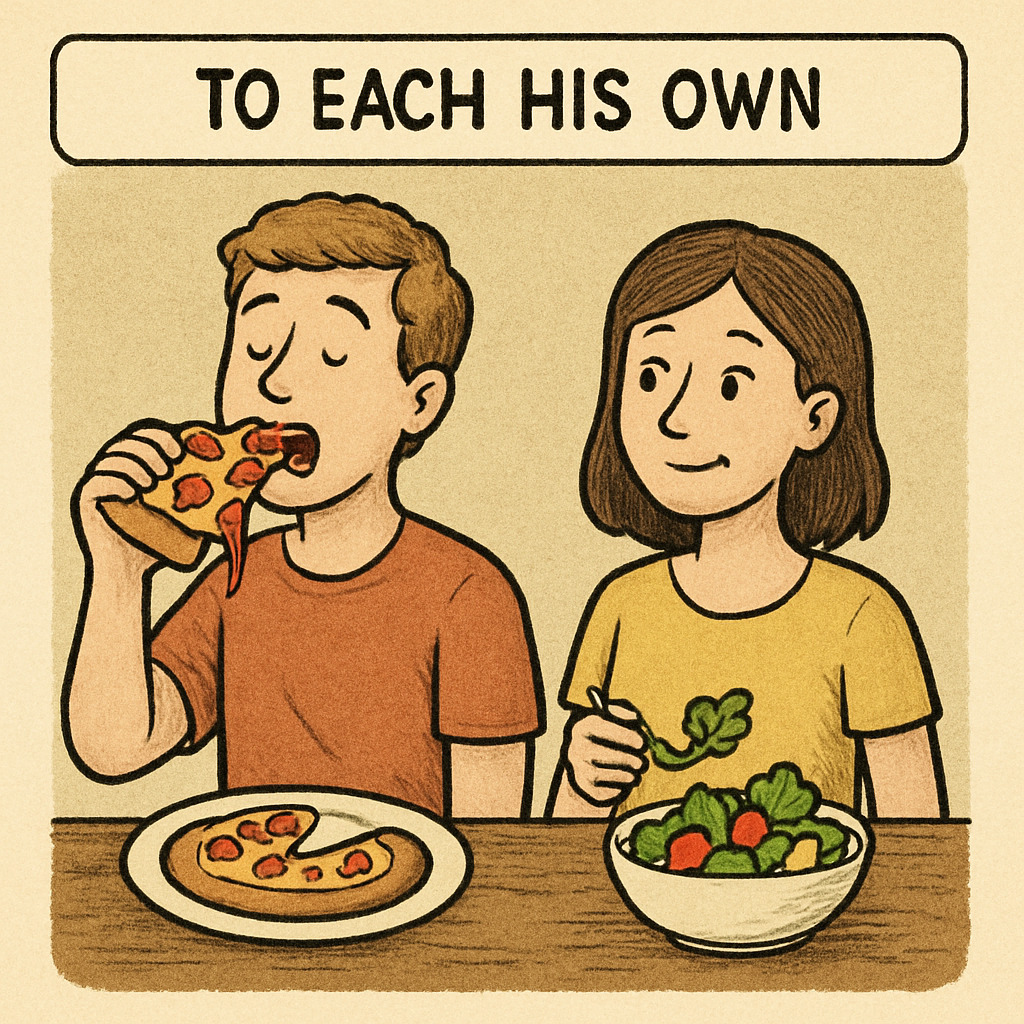 Expression: To each his own
Expression: To each his own
Meaning:
This expression means that everyone has different tastes, opinions, or preferences, and that’s okay.
It’s a way of saying, “What you like isn’t what I like — but that’s your choice.”
It reflects tolerance and respect for other people’s choices, even if we don’t agree with or understand them.
🔹 Modern/Neutral Version
Because “his” sounds gender-specific, people sometimes say:
- “To each their own.” (gender-neutral and more common today)
🔹 Examples:
- “She puts ketchup on pizza. Not for me, but hey — to each their own.”
→ (You don’t like it, but respect their taste.) - “He enjoys hiking barefoot. To each his own, I guess.”
→ (Sounds strange, but that’s his thing.) - “Some people love horror movies, others can’t stand them. To each their own.”
- “I could never live in a tiny house, but she loves it. To each her own.”
- “He listens to heavy metal to relax. To each his own!”

